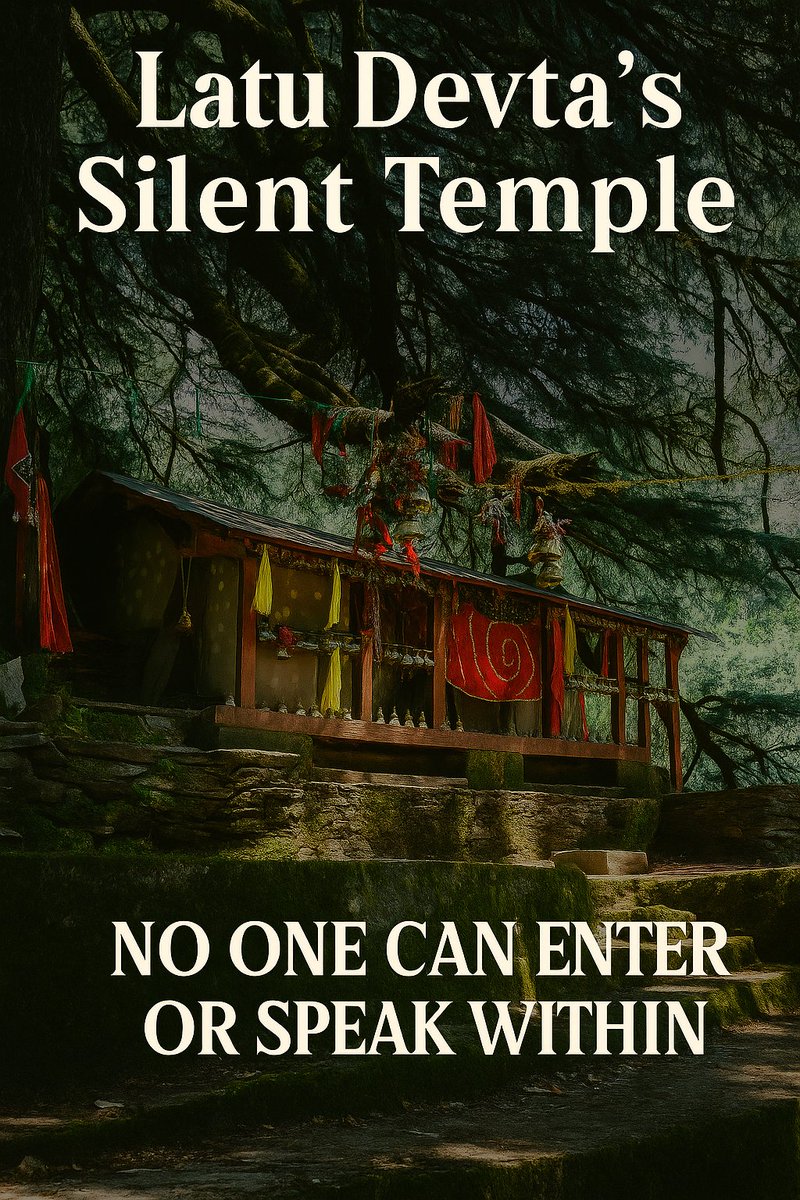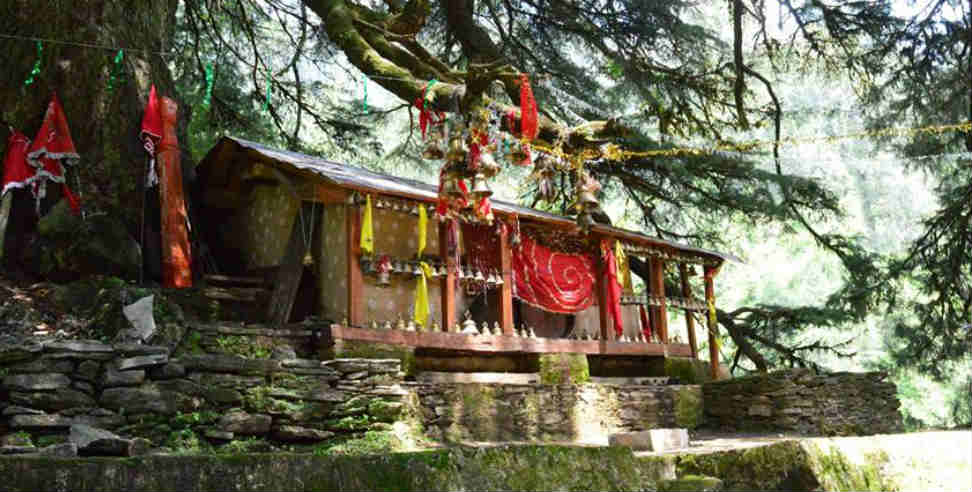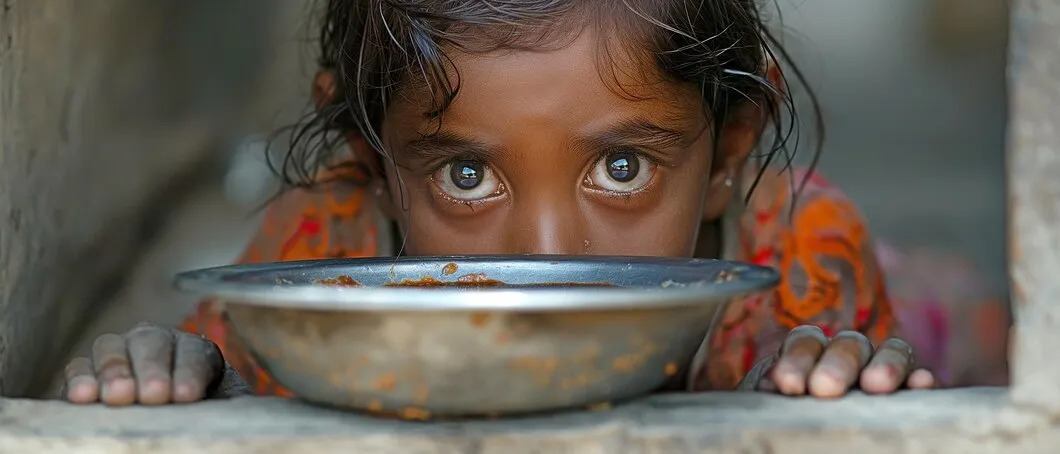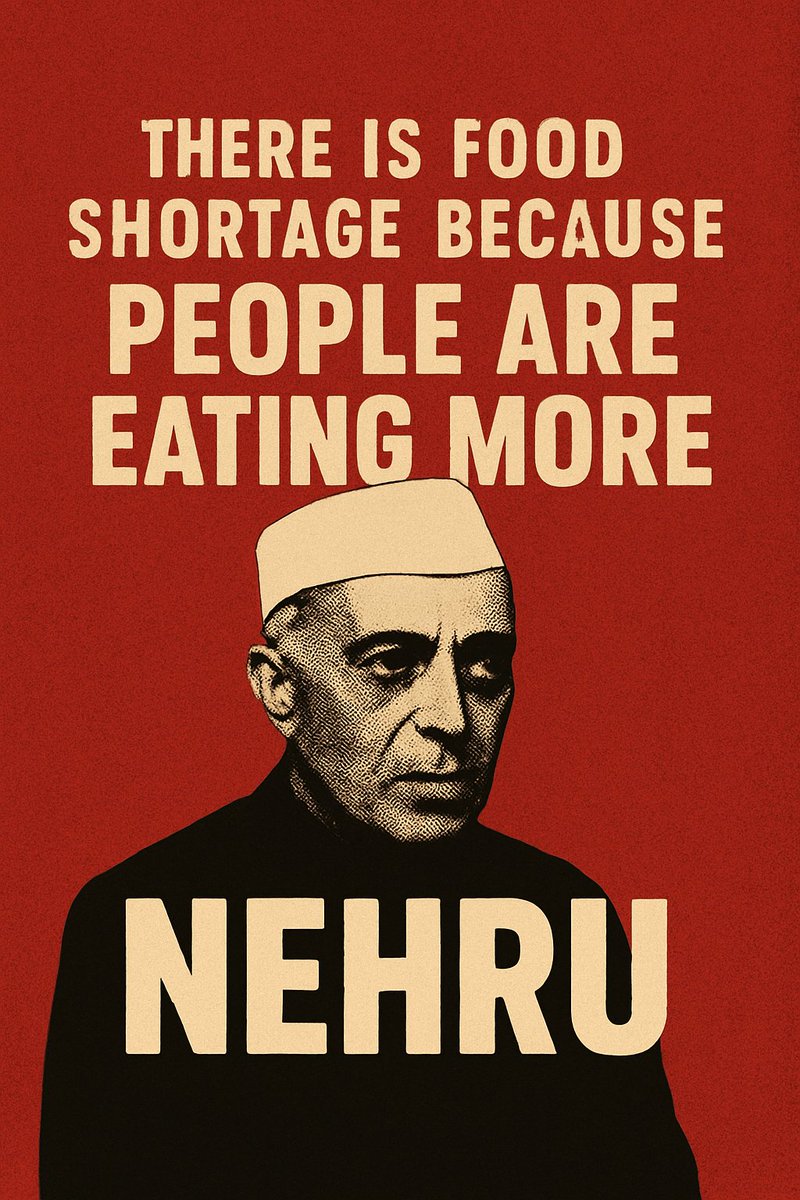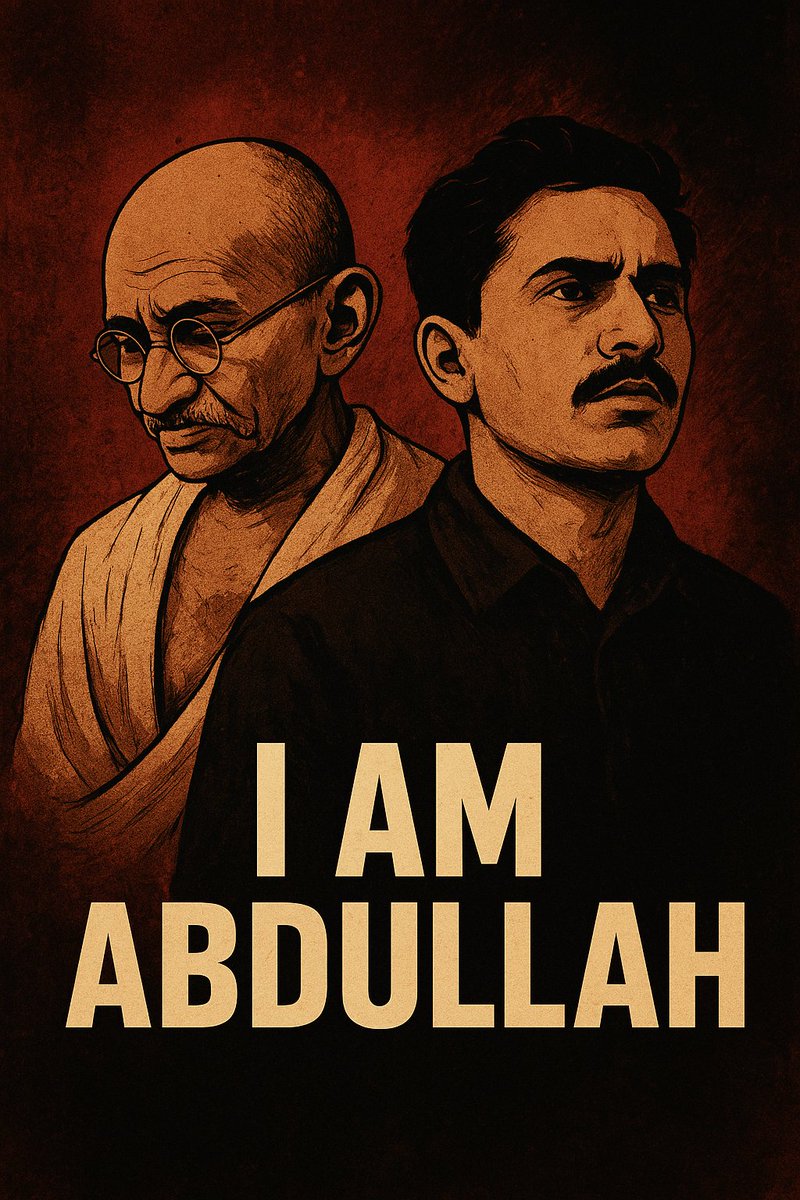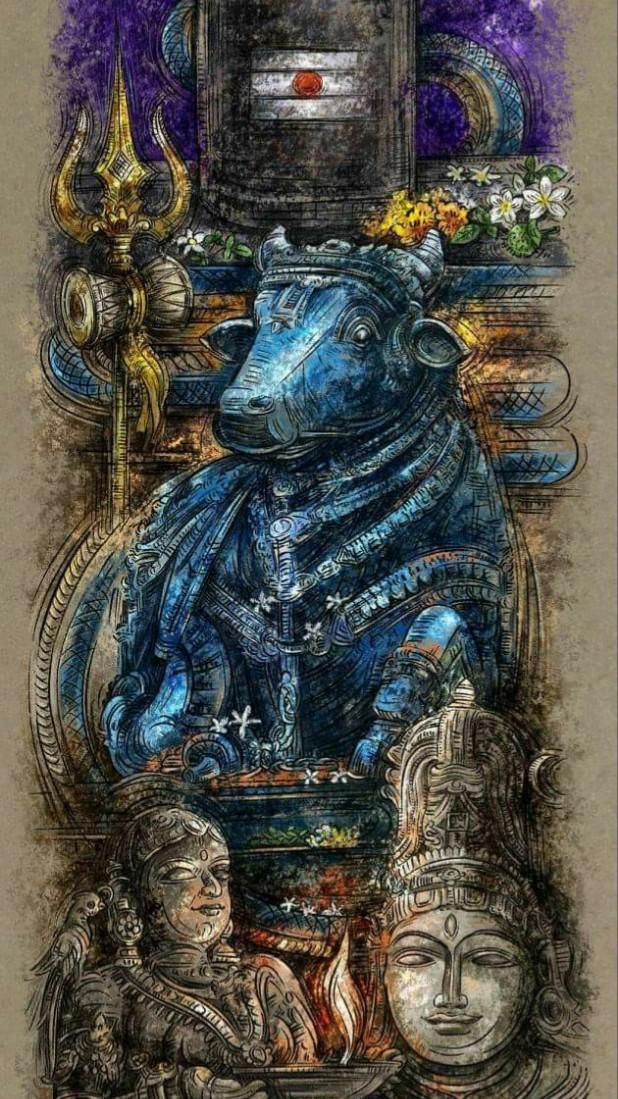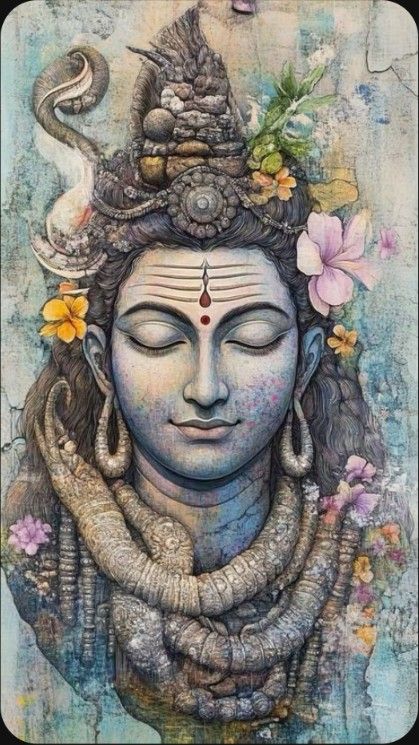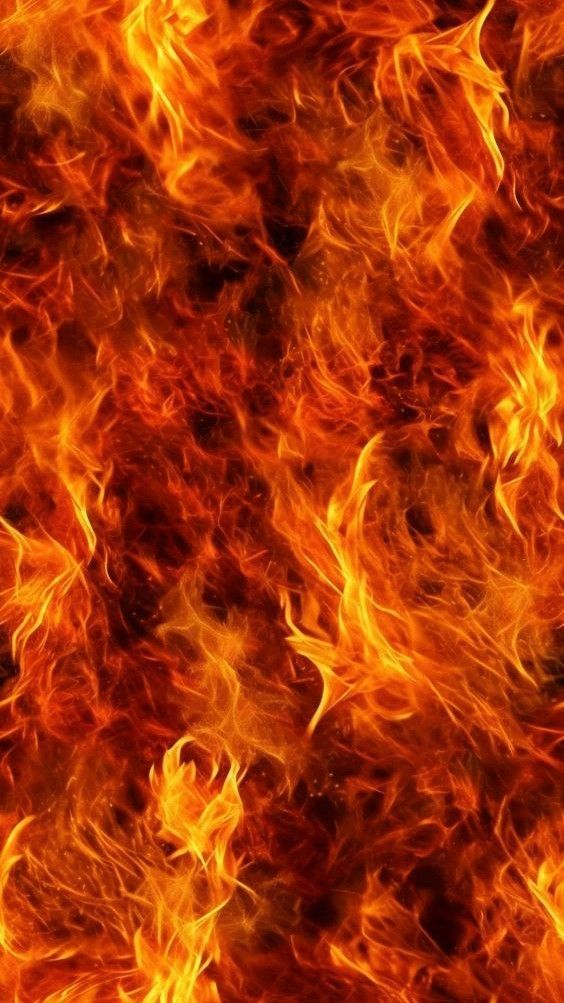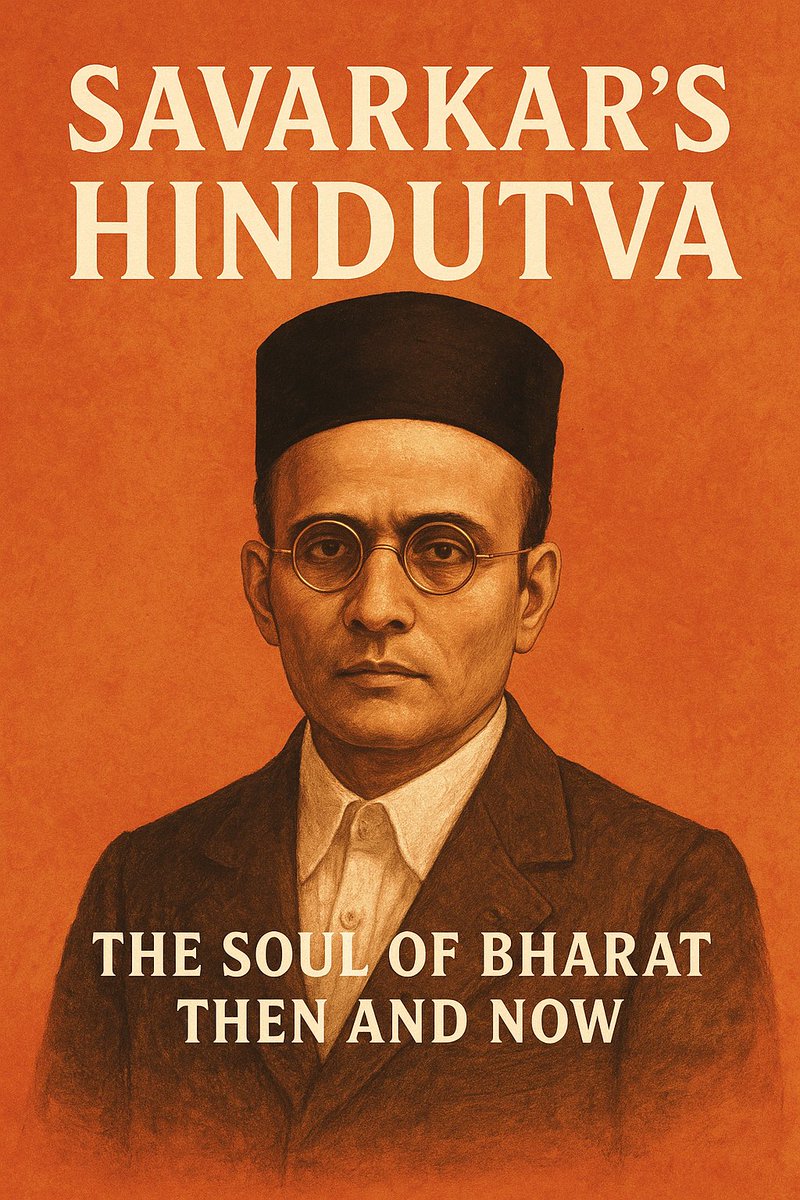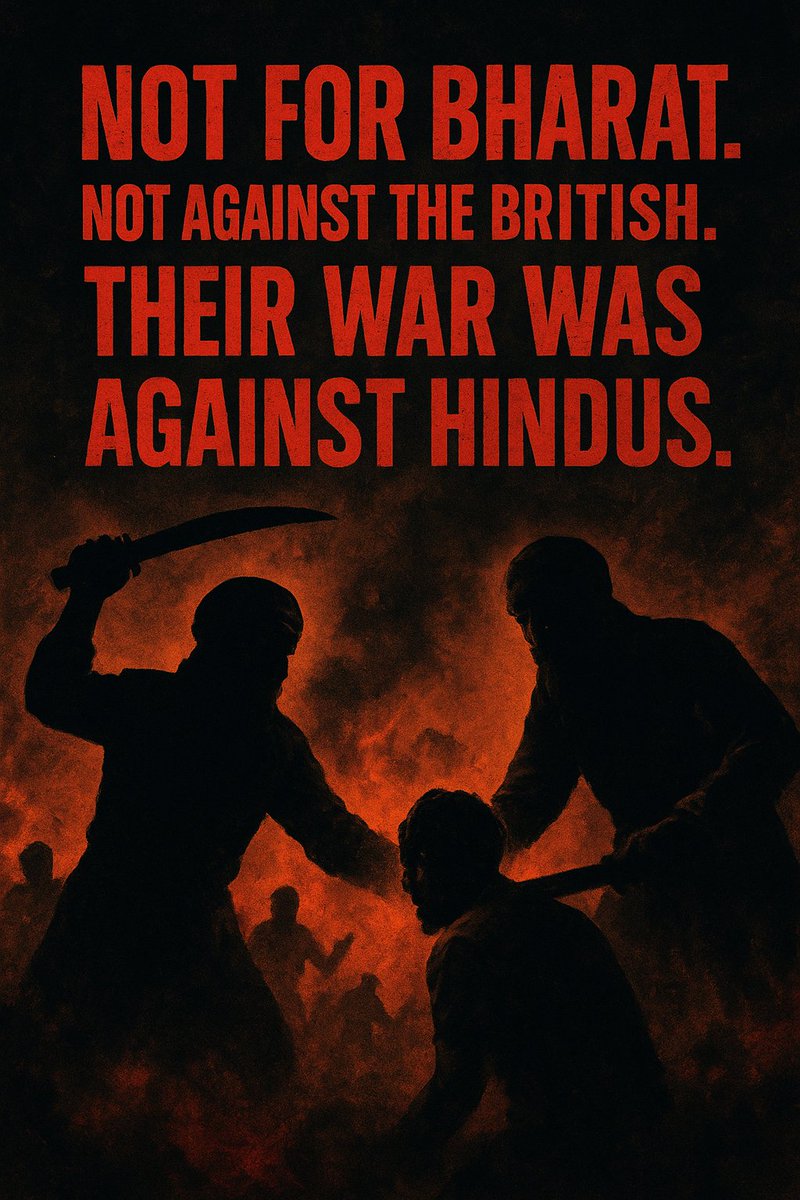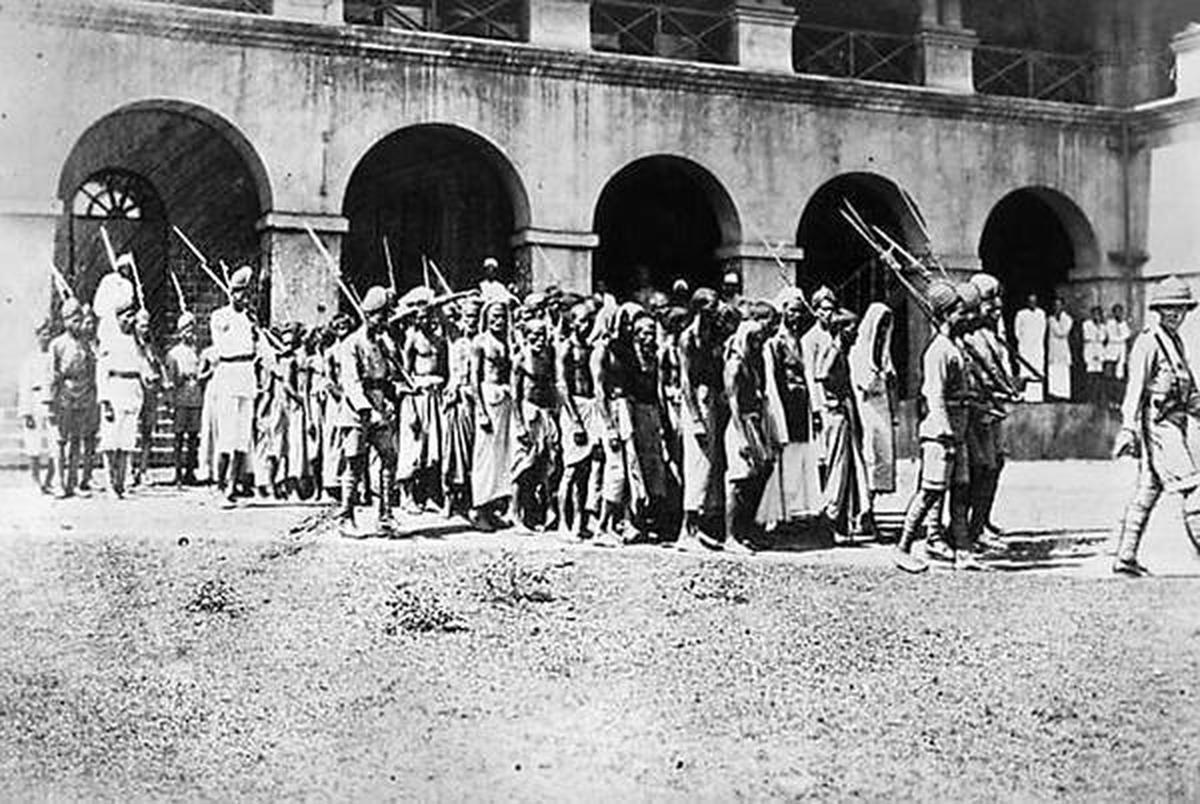⚠️ Read This With Caution
What you’re about to enter is not just another story about a temple; it is a journey into a place where caves breathe secrets and where reality itself blurs with the unseen.
🧵Read till the very end, because only then will you understand why Kamakhya is not just a temple but a living riddle of the Goddess herself.
What you’re about to enter is not just another story about a temple; it is a journey into a place where caves breathe secrets and where reality itself blurs with the unseen.
🧵Read till the very end, because only then will you understand why Kamakhya is not just a temple but a living riddle of the Goddess herself.
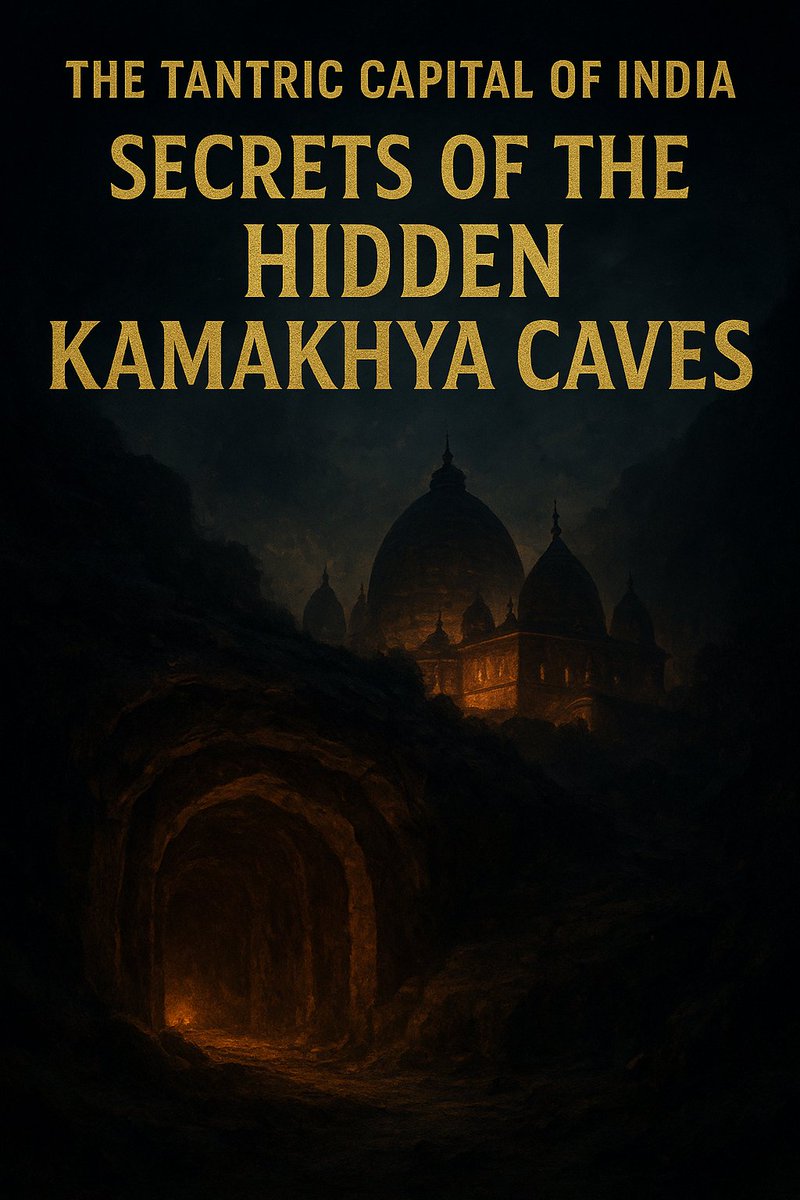
The Tantric Capital of India: Secrets of the Hidden Kamakhya Caves
In the shadows of Nilachal Hill, where the Brahmaputra hums with ancient chants, stands a temple older than memory. A place where the Maa is not worshipped as an idol, but as energy itself and where, beneath the stone steps, a labyrinth of secret caves hides the untold history of Tantra…
In the shadows of Nilachal Hill, where the Brahmaputra hums with ancient chants, stands a temple older than memory. A place where the Maa is not worshipped as an idol, but as energy itself and where, beneath the stone steps, a labyrinth of secret caves hides the untold history of Tantra…
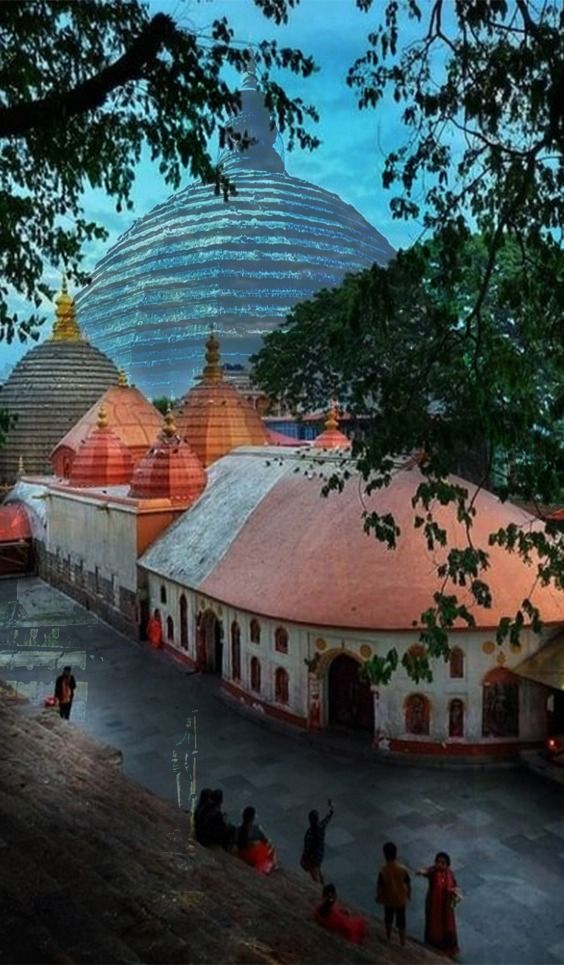
Where the Goddess Breathes
Far from the chaos of modern Guwahati, atop the quiet Nilachal Hill, rests the Kamakhya Temple one of the most revered Shakti Peethas in the world.
At its heart lies the “Yoni Peetha”, a sacred stone, constantly bathed by a natural underground spring. To the faithful, this represents Maa Kamakhya’s womb, the source of creation, fertility, and divine feminine power. But what makes this temple unlike any other is what lies beneath it…
Far from the chaos of modern Guwahati, atop the quiet Nilachal Hill, rests the Kamakhya Temple one of the most revered Shakti Peethas in the world.
At its heart lies the “Yoni Peetha”, a sacred stone, constantly bathed by a natural underground spring. To the faithful, this represents Maa Kamakhya’s womb, the source of creation, fertility, and divine feminine power. But what makes this temple unlike any other is what lies beneath it…
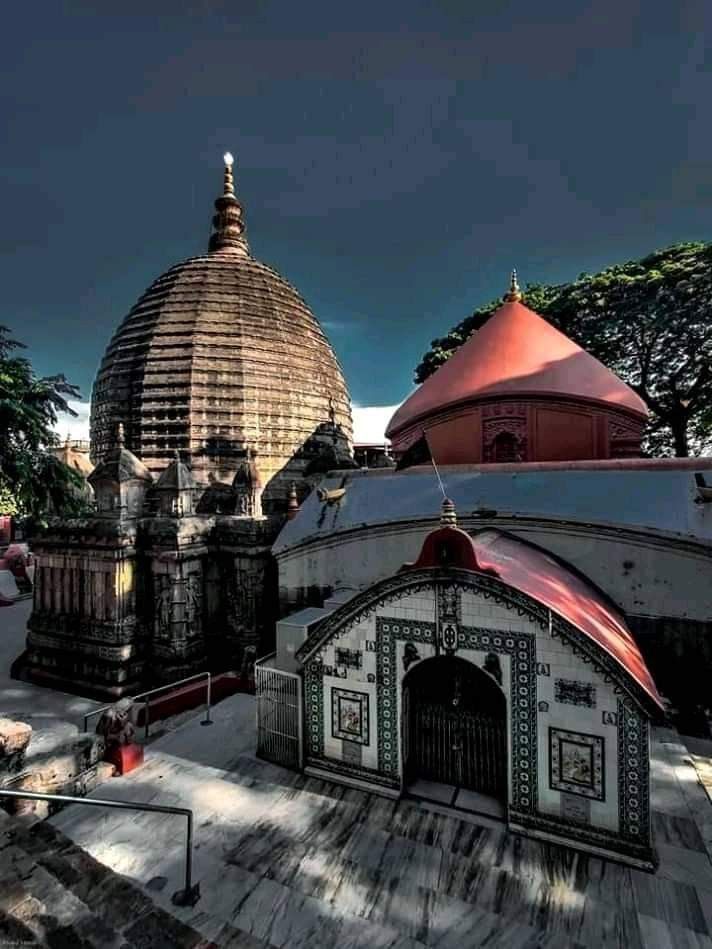
The Hidden Caves of Nilachal
Ancient voices whisper that deep inside Nilachal Hill runs a network of underground chambers and secret caves. These are not ordinary passages; they were carved centuries ago to host the most secretive tantric sadhanas known to mankind.
Locals believe these caves were used by siddhas, yoginis, and tantric masters who came here to seek spiritual awakening, moksha, and supernatural powers.
Ancient voices whisper that deep inside Nilachal Hill runs a network of underground chambers and secret caves. These are not ordinary passages; they were carved centuries ago to host the most secretive tantric sadhanas known to mankind.
Locals believe these caves were used by siddhas, yoginis, and tantric masters who came here to seek spiritual awakening, moksha, and supernatural powers.
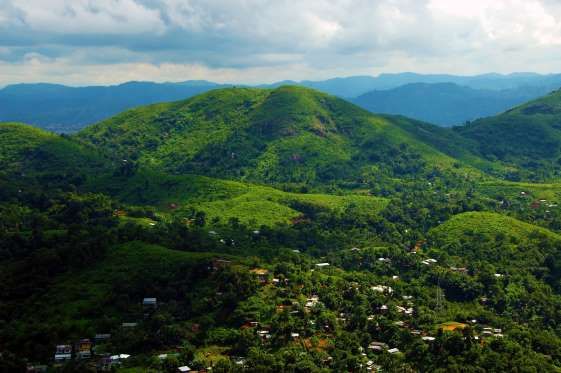
Most of these passages are now sealed. A few, though, remain accessible only to the highest tantric practitioners and temple authorities. They are said to hold unimaginable energy fields, where reality itself bends, where the very air seems to vibrate with mantras chanted thousands of years ago.
Kamakhya - The Capital of Tantra
Centuries ago, Kamakhya was known as the global epicenter of Tantra. Seekers from across India, Nepal, Tibet, and Bengal would journey here to unlock the secrets of the cosmos.
The tantric philosophy here wasn’t about dark magic, as many assume. It was about transforming consciousness, exploring the union of Shiva and Shakti, and transcending the limits of human perception.
Centuries ago, Kamakhya was known as the global epicenter of Tantra. Seekers from across India, Nepal, Tibet, and Bengal would journey here to unlock the secrets of the cosmos.
The tantric philosophy here wasn’t about dark magic, as many assume. It was about transforming consciousness, exploring the union of Shiva and Shakti, and transcending the limits of human perception.
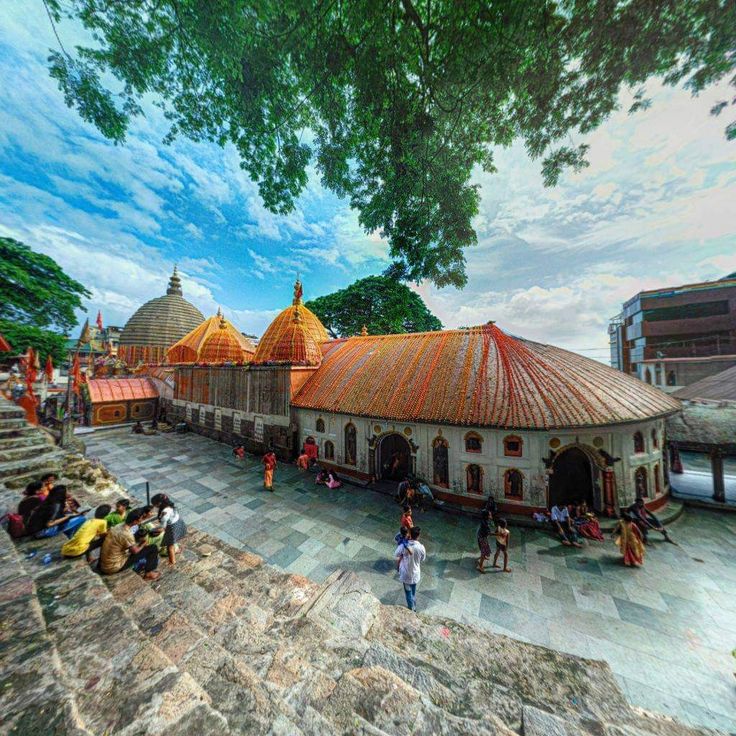
Inside the caves, rituals were performed to:
Awaken the Kundalini Shakti, the primal energy coiled at the base of the spine.
Invoke the 64 Yoginis, mystical feminine energies guarding the temple’s secrets.
Practice Vamachara Tantra, a path of transcendence that breaks social and spiritual taboos to dissolve the ego and merge with the infinite.
Only those who had undergone years of preparation were allowed to enter the deeper chambers. It was said that unprepared seekers who dared step inside would lose their minds, overwhelmed by forces beyond human understanding.
Awaken the Kundalini Shakti, the primal energy coiled at the base of the spine.
Invoke the 64 Yoginis, mystical feminine energies guarding the temple’s secrets.
Practice Vamachara Tantra, a path of transcendence that breaks social and spiritual taboos to dissolve the ego and merge with the infinite.
Only those who had undergone years of preparation were allowed to enter the deeper chambers. It was said that unprepared seekers who dared step inside would lose their minds, overwhelmed by forces beyond human understanding.
Ambubachi Mela - When the Goddess Bleeds
Every year, during the Ambubachi Mela, Kamakhya becomes the heartbeat of India’s spiritual energy. It is believed that during these four days, Maa Kamakhya menstruates, symbolizing the cycle of life and creation.
The sanctum remains closed while thousands of sadhus, aghoris, tantrics, and devotees gather on the hill, seeking blessings and hidden knowledge. Legends claim that during Ambubachi, the underground caves awaken. Tantrics from across the country meditate in silence, attempting to channel cosmic energy and achieve states of consciousness beyond human comprehension.
Every year, during the Ambubachi Mela, Kamakhya becomes the heartbeat of India’s spiritual energy. It is believed that during these four days, Maa Kamakhya menstruates, symbolizing the cycle of life and creation.
The sanctum remains closed while thousands of sadhus, aghoris, tantrics, and devotees gather on the hill, seeking blessings and hidden knowledge. Legends claim that during Ambubachi, the underground caves awaken. Tantrics from across the country meditate in silence, attempting to channel cosmic energy and achieve states of consciousness beyond human comprehension.
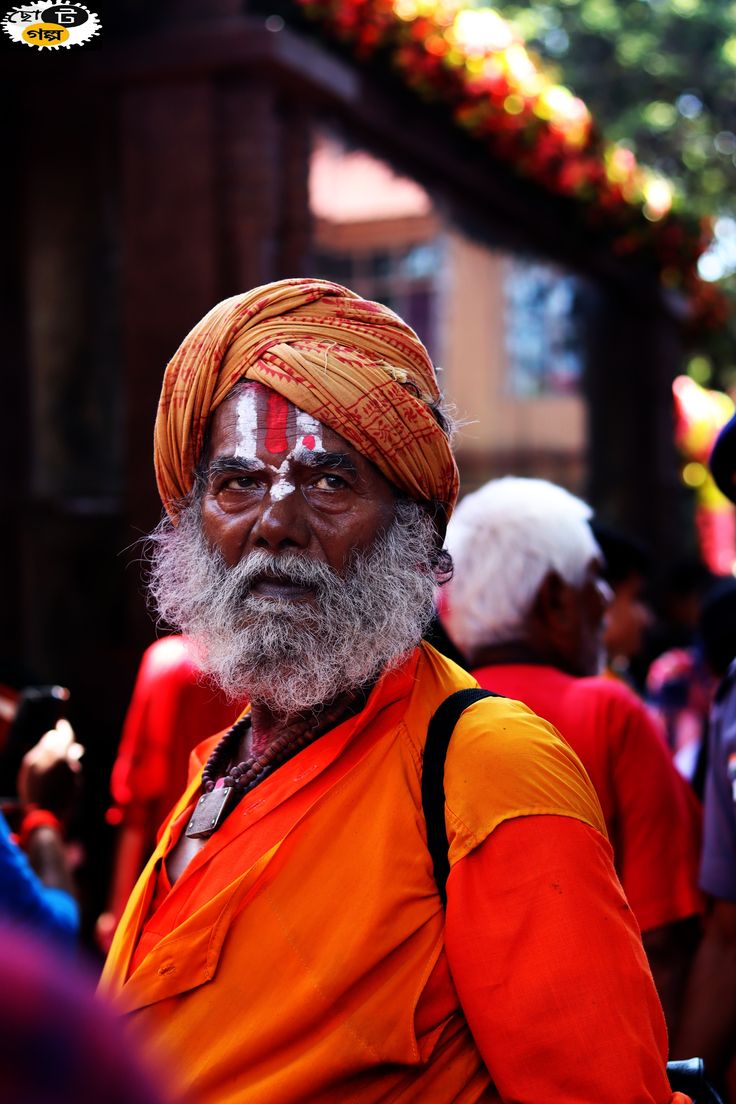
The Forbidden Passage - Lost in Time
Among the many legends around Kamakhya, one stands out, the story of a secret passage called “Bhoga Bhairavi Path.”
It was believed that this hidden tunnel connected Kamakhya Temple directly to Umananda Island in the middle of the Brahmaputra. In the 18th century, when the British tried to map this passage, something strange happened.
Among the many legends around Kamakhya, one stands out, the story of a secret passage called “Bhoga Bhairavi Path.”
It was believed that this hidden tunnel connected Kamakhya Temple directly to Umananda Island in the middle of the Brahmaputra. In the 18th century, when the British tried to map this passage, something strange happened.
An entire team of explorers entered the cave… and never came out. Those who survived returned incoherent, speaking of:
Symbols glowing on the walls without any source of light
Whispers of unseen entities
A sensation of being pulled out of their own bodies
The entrance was sealed forever after this incident and remains closed to this day.
Symbols glowing on the walls without any source of light
Whispers of unseen entities
A sensation of being pulled out of their own bodies
The entrance was sealed forever after this incident and remains closed to this day.
Why the Caves Remain Closed
Ask the priests about the sealed chambers, and they’ll simply smile: “These are not empty passages. They are alive.”
Some believe the caves are protected by energetic guardians, tantric entities bound by ancient rituals. Others say that the spiritual frequency inside is so intense that the uninitiated could lose control of their senses, collapsing between worlds of reality and illusion.
Whatever the reason, one thing is certain: Kamakhya’s mysteries remain hidden, perhaps intentionally, beyond the reach of ordinary seekers.
Ask the priests about the sealed chambers, and they’ll simply smile: “These are not empty passages. They are alive.”
Some believe the caves are protected by energetic guardians, tantric entities bound by ancient rituals. Others say that the spiritual frequency inside is so intense that the uninitiated could lose control of their senses, collapsing between worlds of reality and illusion.
Whatever the reason, one thing is certain: Kamakhya’s mysteries remain hidden, perhaps intentionally, beyond the reach of ordinary seekers.
Kamakhya: Where Faith Meets Fear
Kamakhya is not just a temple. It is a gateway, a living, breathing laboratory of Tantra where seekers once experimented with consciousness itself.
To step into Kamakhya is to stand on the threshold of two worlds: The world we see, built of stone, chants, and rituals. And the world beneath, carved into silence and shadows, where hidden truths wait patiently to be discovered.
Kamakhya is not just a temple. It is a gateway, a living, breathing laboratory of Tantra where seekers once experimented with consciousness itself.
To step into Kamakhya is to stand on the threshold of two worlds: The world we see, built of stone, chants, and rituals. And the world beneath, carved into silence and shadows, where hidden truths wait patiently to be discovered.
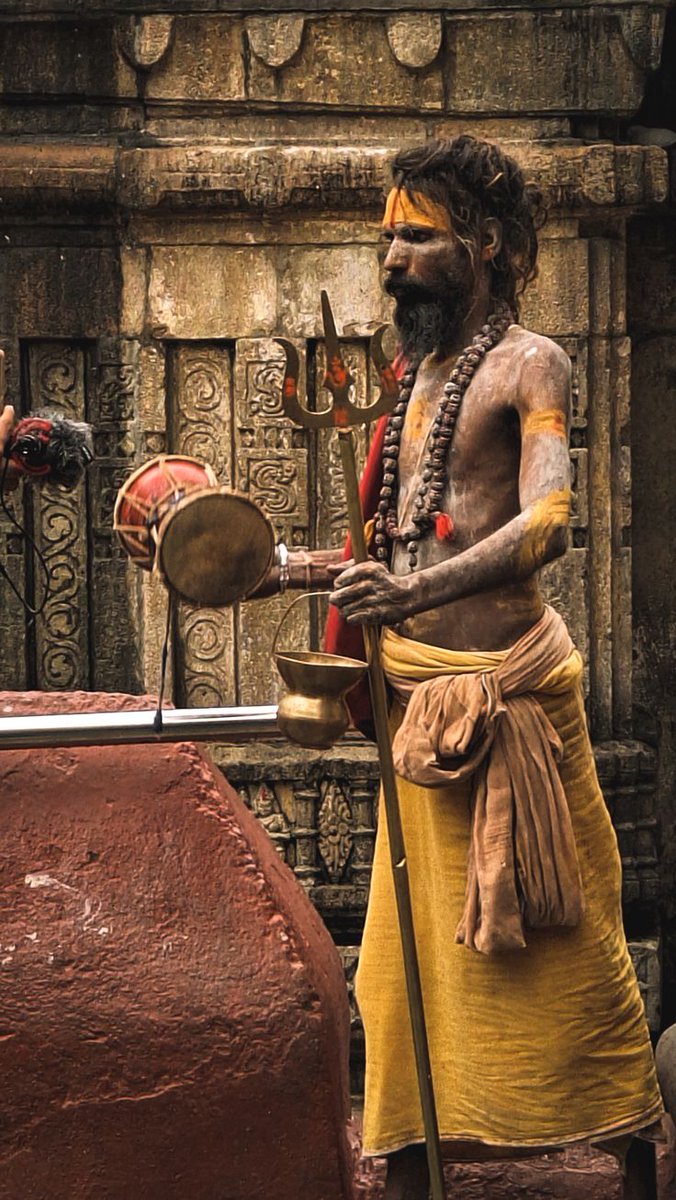
The Goddess does not reveal herself to everyone. Only to those who seek without fear, those who are willing to surrender, those who dare to descend into themselves, and perhaps, into the forgotten caves beneath her temple.
These stories are fragments, whispers passed down through generations, echoes from chambers we may never see. Kamakhya is not just a destination; it’s an experience, a mystery, and a reminder that some secrets are meant to stay hidden.
These stories are fragments, whispers passed down through generations, echoes from chambers we may never see. Kamakhya is not just a destination; it’s an experience, a mystery, and a reminder that some secrets are meant to stay hidden.
If this tale stirred something within you, don’t let it end here.
Repost, like, and share the first post of this thread, so more seekers may uncover the unseen side of Maa Kamakhya’s power.
The stones of Nilachal Hill still whisper mysteries,if you dare to listen.
Repost, like, and share the first post of this thread, so more seekers may uncover the unseen side of Maa Kamakhya’s power.
The stones of Nilachal Hill still whisper mysteries,if you dare to listen.
• • •
Missing some Tweet in this thread? You can try to
force a refresh


